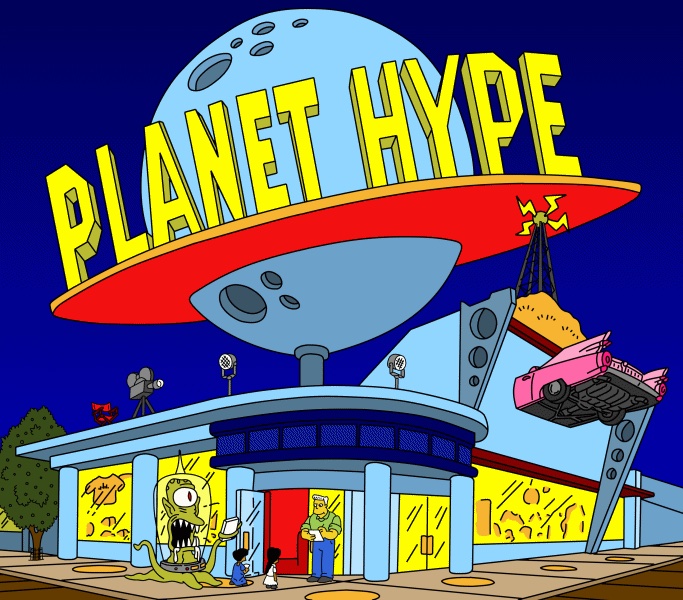
A better technology, a better humanity. A personal coach (and emotional pal) in everyone’s pocket. That’s the drift. Bet on it.
Business is business, eh. If we don’t do it, then someone else will. If we can’t survive as a business, then no one will benefit. $$$ in play. Soft power. And so on, the pros & cons of free trade (whether it’s really free). The ongoing saga of Promethean technology.
Anthropic’s CEO says basing their success on the political alignment of outside investors would invite bad grace. Optics need not compromise good outcomes.
Jensen Huang of Nvidia is threading the same needle. Sidestepping hypocrisy. Downsides, but …
Well, maybe at least there’ll be a conversation. Usage policies. Rather than a political kerfuffle.
And, as noted below, there’s Fidji Simo, the incoming CEO of applications at OpenAI. Just think of the opportunities – truly historic. Power to the people. All those “high-profile business partnerships.”
Data centers – in the lands of Energy Lords – will rival Victorian architecture in grandeur (scale) and control (agency). The Grid and networked structures a statement of dominance over nature and a display of wealth and power.
• Wired > “Leaked Memo: Anthropic CEO Says the Company Will Pursue Gulf State Investments After All” by Kylie Robison (Jul 21, 2025) – “Unfortunately, I think ‘No bad person should ever benefit from our success’ is a pretty difficult principle to run a business on,” wrote Anthropic CEO Dario Amodei in a note to staff obtained by WIRED.
In his memo, Amodei acknowledged that the decision to pursue investments from authoritarian regimes would lead to accusations of hypocrisy. In an essay titled “Machines of Loving Grace,” Amodei wrote: “Democracies need to be able to set the terms by which powerful AI is brought into the world, both to avoid being overpowered by authoritarians and to prevent human rights abuses within authoritarian countries.”
By pursuing a “narrowly scoped, purely financial investment from Gulf countries,” the company hopes to avoid the risks associated with allowing outside investors to gain “leverage” over the company, the memo says.
He added: “It’s perfectly consistent to advocate for a policy of ‘No one is allowed to do x,’ but then if that policy fails and everyone else does X, to reluctantly do x ourselves.”
• Wired > “OpenAI’s New CEO of Applications Strikes Hyper-Optimistic Tone in First Memo to Staff” by by Kylie Robison (Jul 21, 2025) – OpenAI’s products will be the great equalizer.
Soon-to-be former Instacart CEO Fidji Simo sent a memo to OpenAI staff Monday laying out her vision for how AI will change the world.
“If we get this right, AI can give everyone more power than ever,” Simo wrote, striking a hyper-optimistic tone, according to a copy of the memo viewed by WIRED. “But I also realize those opportunities won’t magically appear on their own.”
“AI can compress thousands of hours of learning into personalized insights delivered in plain language, at the pace that suits us, responsive to our specific level of understanding,” Simo writes. “It doesn’t just answer questions – it teaches us to ask better ones. And it helps us develop confidence in areas that once felt opaque or intimidating, growing both personally and professionally.”
“If AI can help people truly understand themselves, it could be one of the biggest gifts we could ever receive,” Simo writes.

Image credit: Wiki – Creative Commons Attribution 4.0 International license.
As I continue to read Margaret O’Mara’s book The Code: Silicon Valley and the Remaking of America, AI techno-optimism and spending (as noted in this article) remind me of the fable “The Scorpion and the Frog.”
Or, perhaps, even more in a modern context, Aesop’s “The Farmer and the Viper.”
• Washington Post > “Big Tech’s hefty AI spending is reshaping the slowing economy” by Gerrit De Vynck (August 4, 2025) – Big Tech’s unprecedented spending spree on artificial intelligence is getting so big that it’s starting to reshape the U.S. economy.